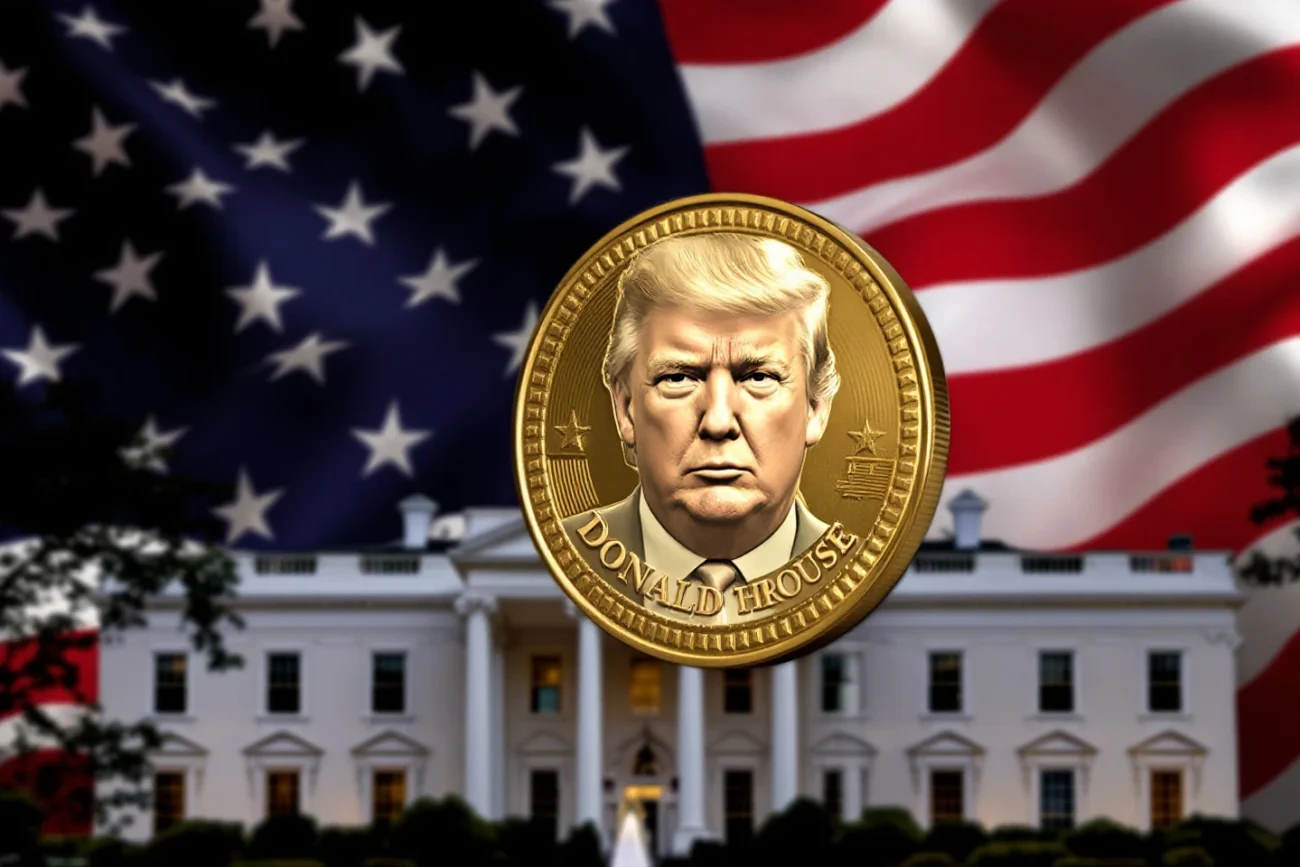In the last year, America’s approach to cryptocurrency has changed dramatically. President Trump’s administration is driving a historic shift in US crypto policy, signaling a new era for digital assets. For investors, entrepreneurs, and global markets, these moves carry massive implications—positioning the United States at the center of crypto innovation, debate, and regulatory clarity.
The Trump Crypto Turnaround: From Sceptic to Industry Champion
After campaigning on the promise to make the United States the “crypto capital of the world,” President Trump wasted no time following his inauguration in January 2025. Just days into office, he signed sweeping executive orders aimed at supporting the growth of the US crypto industry and established a presidential working group on digital assets. The new policy direction symbolized a stark contrast to the previous administration’s cautious and enforcement-driven stance.
President Trump surprised many by going from a vocal crypto skeptic to a principal advocate. His administration appointed industry-friendly officials to key positions and quickly took steps to roll back restrictive rules that hampered innovation. The result? More optimism, less fear, and renewed global attention on American blockchain advancements.
Major Policy Shifts: GENIUS Act and Beyond
The GENIUS Act: A Game-Changer for Stablecoins
A pivotal moment arrived when President Trump signed the GENIUS Act into law in July 2025. This legislation is the first federal regulatory framework for stablecoins—cryptocurrencies pegged to assets like the US dollar—and establishes clear requirements for issuers, including public reserve disclosures and full dollar backing. Supporters view this as the step needed to make stablecoins safe, reliable, and attractive for mainstream use in everyday finance.
New Regulatory Clarity
Alongside the GENIUS Act, two additional bills passed the House and are moving through the Senate:
- The CLARITY Act: Transfers key oversight of crypto exchanges from the Securities and Exchange Commission (SEC) to the Commodity Futures Trading Commission (CFTC), providing clear rules for exchanges, brokers, and dealers.
- The CBDC Anti-Surveillance State Act: Prevents the Federal Reserve from introducing a central bank digital currency (CBDC) without explicit Congressional approval, reflecting concerns about privacy and government overreach.
These laws, according to experts, aim to end the regulatory gray zone, making it easier for American businesses and consumers to confidently participate in the digital economy.
Dismantling Barriers for Innovation
Trump’s executive orders extended beyond stablecoins. He ordered a review and rollback of Biden-era regulations considered unfriendly to blockchain innovators and reversed aggressive SEC enforcement against crypto companies. Notably, the administration dissolved the National Cryptocurrency Enforcement Team, sending a clear message—the US government prefers guidance over punishment.
With the SEC dropping lawsuits against major exchanges like Coinbase and memecoins reclassified outside securities rules, the tide has turned. Market participants now enjoy greater certainty, reduced compliance costs, and a more predictable regulatory path forward.
A National Bitcoin Reserve? US Government Goes Big
Perhaps the boldest move: President Trump signaled interest in a “national Bitcoin reserve.” In March 2025, he signed an order assessing the feasibility of stockpiling Bitcoin as part of America’s strategic digital asset reserves. The idea grabs headlines and divides opinions, but it underscores a dramatic embrace of crypto as a core financial asset on the world stage.
Impact on the Crypto Industry and Global Competition
Market Boom and Rising Optimism
Since President Trump took office, Bitcoin prices have surged, and market optimism is palpable. Crypto firms report lighter regulatory burdens and express enthusiasm for friendlier rules and government communications.
Stablecoins, thanks to the GENIUS Act, are expected to gain traction not just among crypto-native users but also traditional banks, fintechs, and retail consumers. This could transform how Americans (and the world) send money, access payments, and even safeguard their wealth during economic volatility.
Geopolitics: The Race for Crypto Leadership
The US regulatory pivot puts pressure on Europe, Asia, and major economies to accelerate their own digital asset frameworks. Global companies—including giants like PayPal and JPMorgan—are watching US rules closely, eyeing opportunities to launch their own stablecoin products. America’s assertive stance is already shaping international debates, with other countries rushing to keep pace or risk falling behind.
Questions, Controversies, and Criticisms
Blurred Lines Between Public Policy and Private Profit
President Trump’s personal ties to crypto ventures, including his family’s investments in high-profile projects and newly launched tokens, have generated headlines and some discomfort. Critics and even some supporters express concern that private interests could undermine the credibility of new regulations or create ethical conflicts.
Still a Work in Progress
Despite landmark progress, the journey isn’t complete. Private litigation against exchanges continues, and policymakers are still debating the best balance between innovation, consumer protection, and national security. The final outlines of stablecoin oversight, exchange registration, and anti-fraud measures remain to be worked out through collaboration among Congress, federal agencies, and the industry itself.
What’s Next for Crypto Under Trump?
President Trump has made one thing clear: he intends to keep the United States at the forefront of digital financial transformation. With pro-innovation executive orders, headline-grabbing legislation, and vocal support for Bitcoin and blockchain, his administration is setting the tone for a new era in crypto policy.
For investors, entrepreneurs, and anyone with an eye on the future of money, the US is once again staking a claim as a global leader. Now, all eyes are on Congress, regulators, and the industry as they turn bold aspirations into everyday reality.
Conclusion: America’s Crypto Future Begins Now
The Trump administration’s policies are already shaping how, where, and why crypto will flourish in the decade ahead. Whether you’re a seasoned blockchain advocate or newly curious about digital assets, the coming years promise extraordinary change—and abundant opportunity.
American leadership, regulatory clarity, and entrepreneurial ambition are stronger than ever. The world is watching. Will you be part of the future of finance?
Ready to join the new era of crypto? Stay informed, seize emerging opportunities, and keep exploring how innovation and policy intersect. Subscribe now for the latest insights on digital assets, blockchain trends, and economic change shaping the future!

